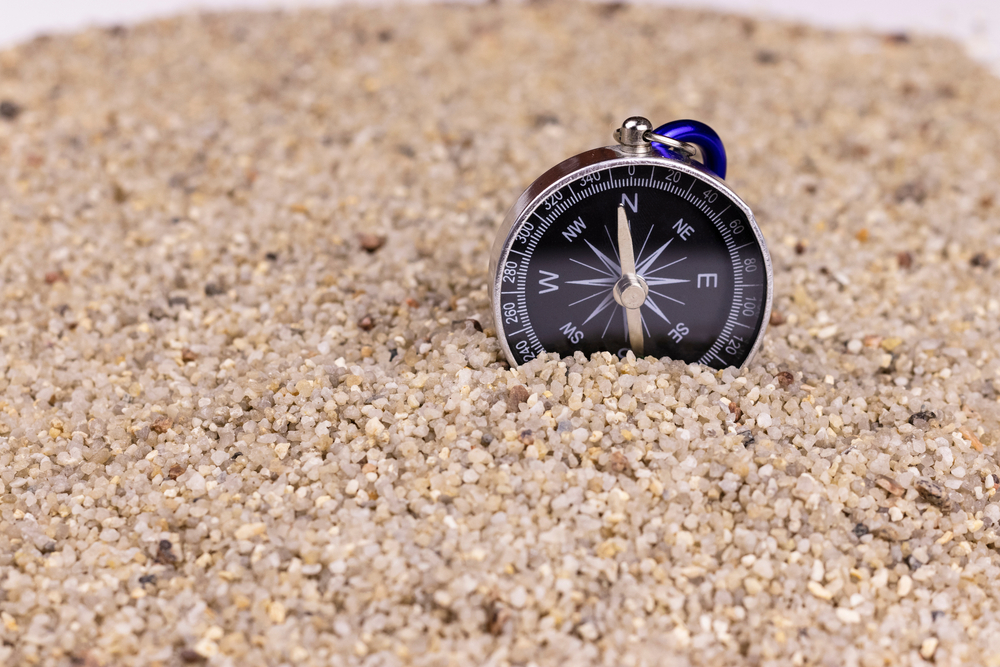This blog post is adapted from a document which is handed out to all of our new families. Other pieces of this content will appear in future blog posts. If you live with someone who has a drug or alcohol problem, this abridged family survival guide can give you a new sense of direction.
How Addiction Affects Your Life
This bulleted list addresses the ways in which our lives can be impacted by chemical dependency. This disease affects the entire household, not just the addict. Here are common experiences of family members who come to Augustine Recovery. Do any of them resonate with you?- You find it hard to accept that your loved one has a problem (denial).
- You feel that you are somehow responsible for causing their addiction.
- You’re angry and feel a lot of shame. Their harmful or embarrassing actions can lead to resentment.
- You make special, unspoken rules to help hide the problem and protect your family.
- You try to control their behavior (ex: making them stop buying or using drugs).
- You continually protect them from the results of their actions (ex: calling in sick for them).
- You’ve watched their behavior begin to control all family life.
- You’ve tried being reasonable and logical with them, but it doesn’t seem to work.
- You’ve learned to avoid facing up to the situation.
- You’ve pleaded with them to change their destructive behavior.
- You’ve discovered that substance abuse threatens job security, promotions, financial responsibility, and personal freedom.
You Need Help, Too
Many families think that it’s just the person with an addiction who needs professional intervention. In reality, the entire social circle is impacted by substance abuse. Chemical dependency is a disease that affects everyone that comes into contact with the addicted person. Parents, siblings, friends, significant others, children, and coworkers each feel the effects of substance abuse, whether they realize it or not. Whether your loved one is in treatment or still at home, it is important to take care of yourself first. Think about what they tell you on an airplane: put your own mask on before helping others. Here are a few pieces of advice for practicing self-care during this difficult time.Take Some Time to Yourself
Rest, relax, reflect, and recalibrate. Taking deep breaths and getting out of the house can be a great way to restore yourself when things feel chaotic.HALT
This recovery saying is also applicable for family members! If you’re feeling bad, HALT and take an inventory. Try not to get too hungry, angry, lonely, or tired.Build Yourself Up
At this point, you’re probably feeling low and discouraged. Be sure to do things that improve your self-esteem and self-respect. Taking control, taking responsibility, and taking the next step can help you to feel better.Take Life One Day at a Time
Don’t agonize over the future or worry about the past. Instead, focus on living today just as it is. Forgive yourself and be hopeful about the future.Appreciate Yourself
Take a moment to acknowledge what you’ve done to get to this point. You’ve been doing the best you can under the circumstances! Just remember that you cannot force someone to change.Find Support
Attend Al-Anon or similar 12-Step meetings to get help from others in your situation. They may provide words of encouragement, accountability, and support that make all the difference.Learn More About Addiction
Educate yourself about the disease of addiction and how it impacts the family. Read, consult with experts, and ask questions at your support groups. By arming yourself with knowledge, you’ll be better prepared to handle whatever comes next.A Word About Enabling
What is an enabler? This is a person who shields the addict from the consequences of their actions. While we aren’t “crazy,” enabling turns us into people we may not recognize. As our family member’s chemical dependency progresses, it begins to govern our lifestyle and actions. Enabling behaviors include…- Pouring out alcohol
- Fixing whatever we can
- Throwing away or flushing drugs
- Covering up for your loved one
- Denying that there is a problem
- Taking care of them when they are sick or blacked out
- Protecting them from criticism or legal issues
- Providing financial aid or purchasing substances for them
- Acting as if nothing is wrong





